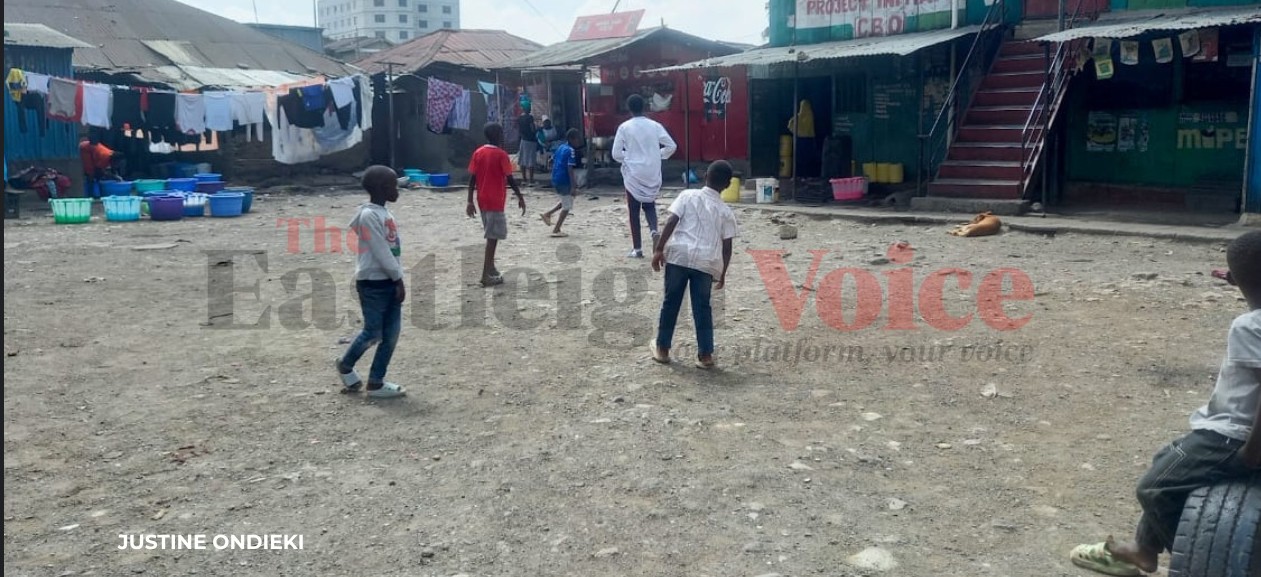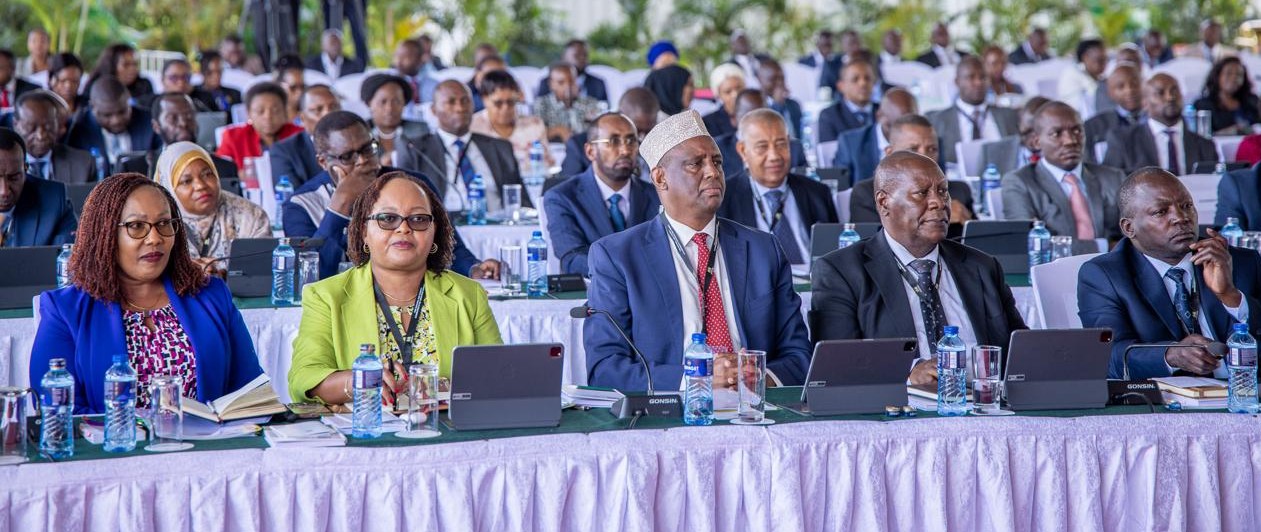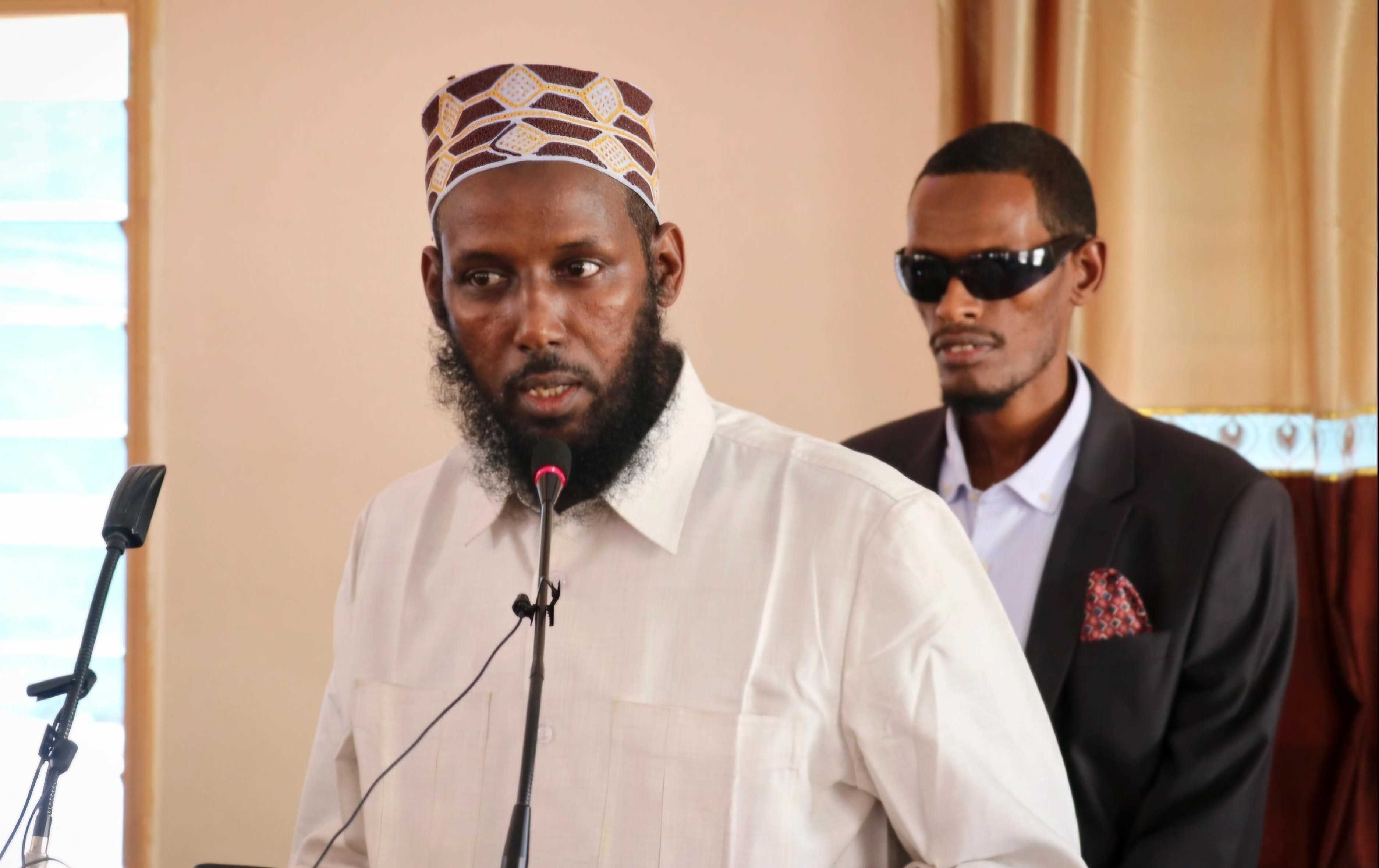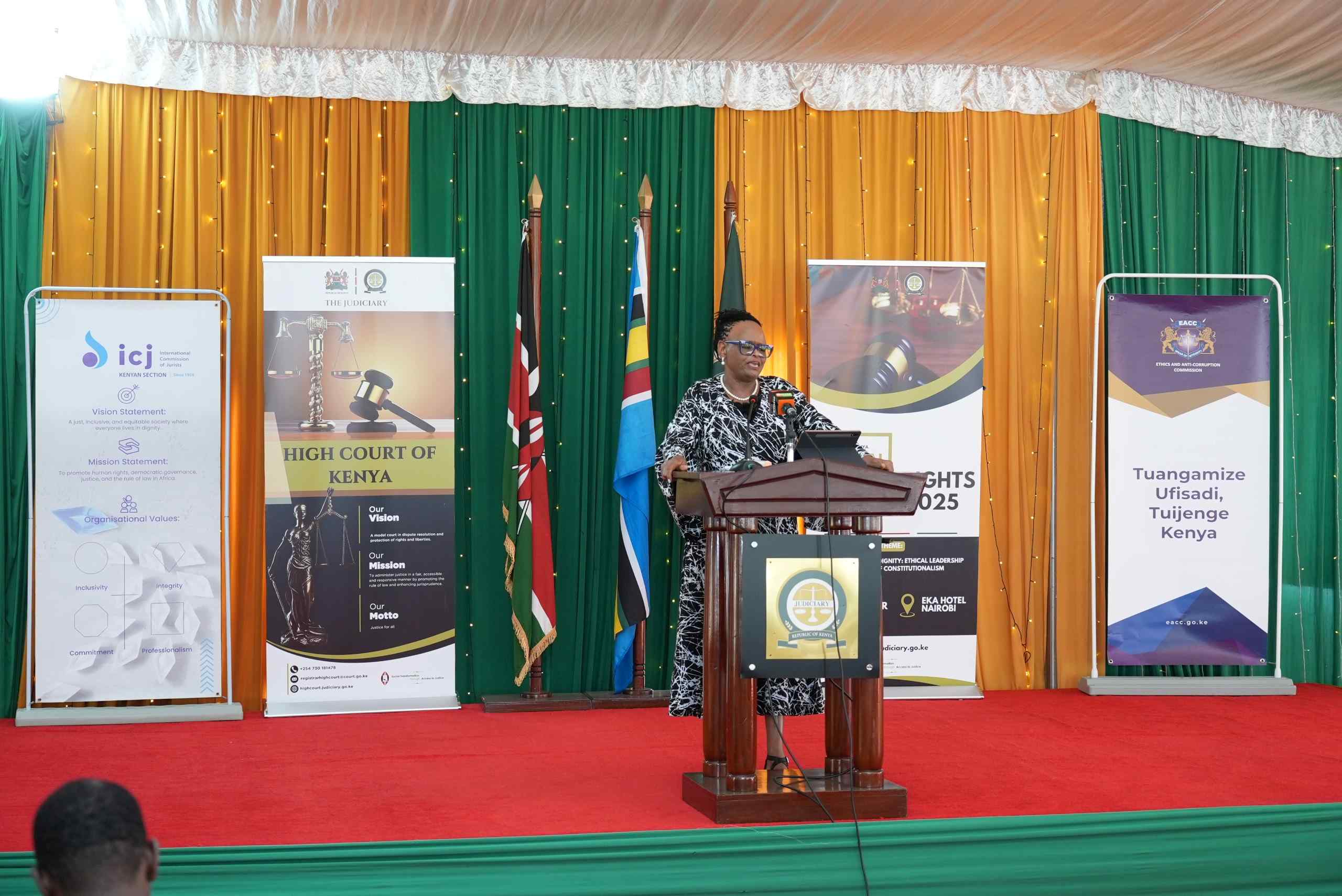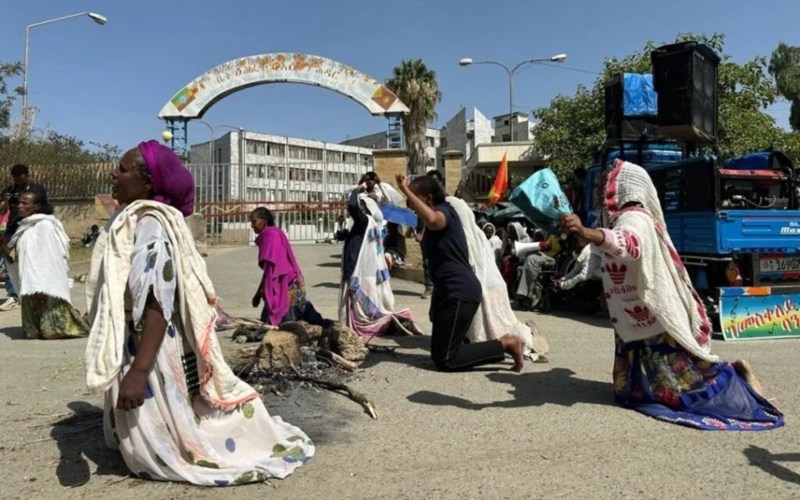Over 1.2 million Kenyans to benefit from Sh2.4 billion Inua Jamii payout
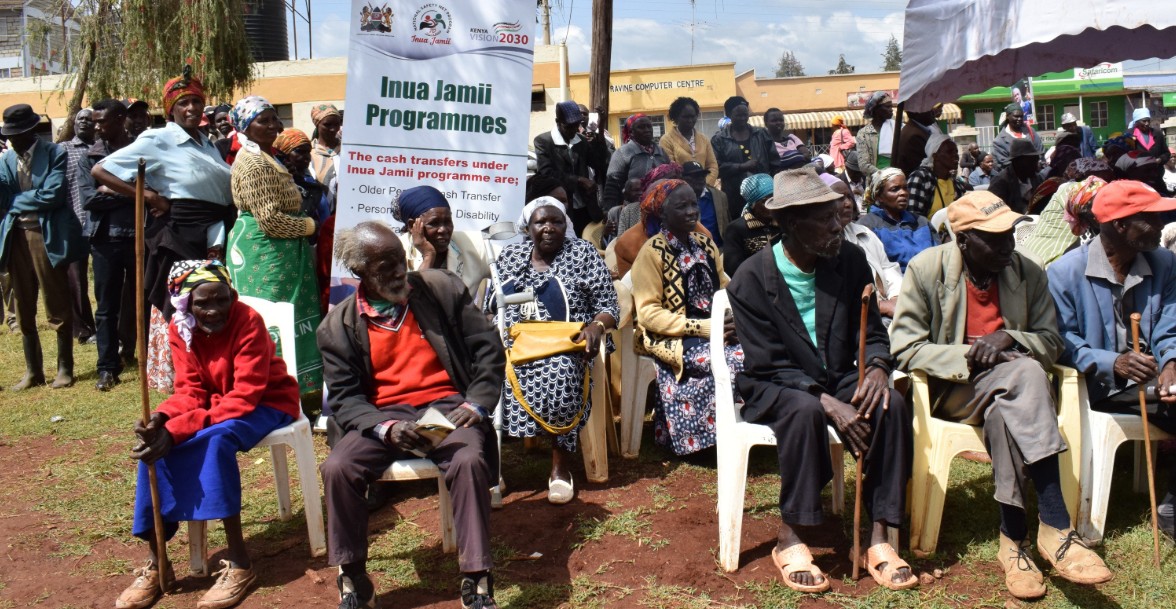
Since its inception, Inua Jamii has provided a lifeline to thousands of households across the country. By offering consistent financial assistance, the programme helps reduce vulnerability among older citizens and persons with disabilities, enabling them to access essential goods and services.
The government has released Sh2.43 billion to support over 1.2 million Kenyans under the Inua Jamii Cash Transfer Programme, targeting older persons and people living with severe disabilities.
The Ministry of Labour and Social Protection, through the State Department for Social Protection and Senior Citizen Affairs, confirmed that payments for the September 2025 cycle began on October 6. Each beneficiary is set to receive Sh2,000.
More To Read
- State urged to add 1.4 million people to social protection scheme ahead of the 2026/27 budget
- Hope for 439,000 families as government sends Sh878.8 million in Inua Jamii support
- Government disburses Sh880 million to support orphans, vulnerable children
- Three years of William Ruto: The successes and failures shaping his legacy as president
- State disburses Sh4.6 billion for delayed Inua Jamii stipends
- MPs demand list of authorised job agencies after Kazi Majuu complaints
The initiative is aimed at alleviating poverty and improving the well-being of some of the country’s most vulnerable populations, including older persons aged 70 and above and persons living with severe disabilities.
By providing regular cash support, the programme helps beneficiaries meet basic needs and maintain dignity.
Principal Secretary Joseph Motari emphasised the government’s commitment to ensuring the timely and efficient disbursement of the funds.
“The Inua Jamii Cash Transfer Programme remains a cornerstone of the government’s social protection strategy. It aims to alleviate poverty and promote the well-being of society’s most vulnerable members, including older persons aged 70 and above and persons living with severe disabilities. With Sh2,425,340,000 released for the September 2025 cycle, 1,212,670 beneficiaries will each receive Sh2,000,” said Motari in a statement.
Since its inception, Inua Jamii has provided a lifeline to thousands of households across the country. By offering consistent financial assistance, the programme helps reduce vulnerability among older citizens and persons with disabilities, enabling them to access essential goods and services.
Earlier in September, the Ministry of Gender, Culture, and Children Services announced that over 445,000 OVC households across the country will benefit from Sh1.78 billion in government support.
Each household will receive Sh4,000, covering stipends for the June and July 2025 payment cycles under the Cash Transfer for Orphans and Vulnerable Children (CT-OVC) Programme, which is part of the Inua Jamii initiative.
Principal Secretary Carren Ageng’o explained that payments for OVC households had been delayed due to the transfer of the programme to the newly created State Department for Children Services, established under Executive Order No. 1 of 2025 to centralise child protection initiatives.
“We apologise to beneficiaries for any inconvenience caused by the delay,” she said.
Ageng’o emphasised that the CT-OVC Programme is designed to encourage the fostering and retention of orphans and vulnerable children within their families and communities, while promoting human capital development.
“The programme supports increased enrolment and transition in education, improved health and nutrition outcomes, enhanced household food security and better child protection,” she said.
The CT-OVC programme, which began as a pilot targeting 500 households in Kwale, Garissa, and Nairobi, now supports more than 440,000 households nationwide.
It aims to promote child welfare by encouraging orphans and vulnerable children to remain in their families and communities, while improving education, health, nutrition, and household food security.
Eligibility is limited to extremely poor households with OVCs and caregivers who are chronically ill or otherwise unable to support the children.
Top Stories Today
